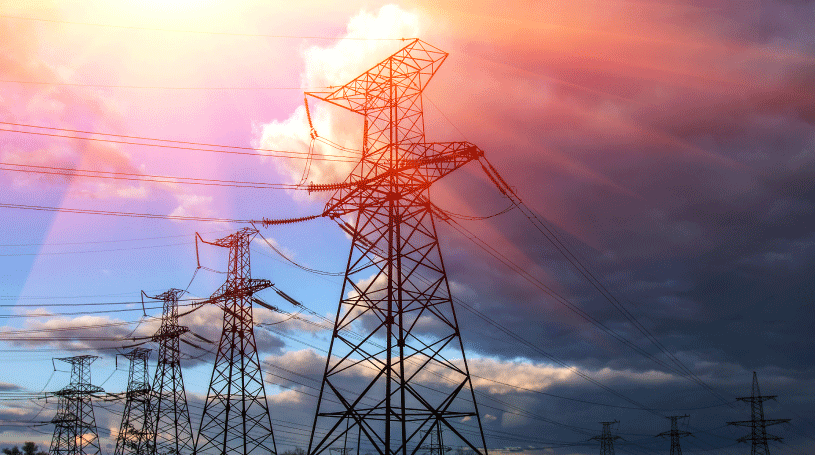Alarming reports of second state-owned power utility
The Cape Chamber of Commerce and Industry is alarmed by weekend reports that senior government officials favour setting up a second state-owned power utility, even as government acknowledges the disaster that is Eskom.
Public comments attributed to President Cyril Ramaphosa and Energy and Mineral Resources Minister Gwede Mantashe suggest there is high-level support for what has been dubbed Eskom 2.0 – an Eskom ‘alternative’ aimed at improving power supply. These comments come amidst widespread calls for overdue deregulation of the Energy Sector to allow private sector participation, a move that could resolve the current crisis within months.
The Chamber is of the view that the current state energy monopoly is one of the gravest threats to South Africa’s economic wellbeing and long-term stability. Government has repeatedly failed, not only with Eskom but with other vital public institutions as well. International good practice for lean and effective government includes the public sector avoiding activities the private sector can do better. In the case of power generation, the private sector would surely battle to perform worse than Eskom. Conversely, with the necessary regulatory reform, the private sector could not only plug the current generation gap but help the country transition to a more sustainable energy future while creating thousands of new jobs.
The state-appointed Zondo Commission found state capture within debt-laden Eskom amounted to damages worth around R3.8-billion, a finding that has prompted Eskom to set up a project team to consider ‘appropriate action’. However, what is abundantly clear to most of South Africa – but seemingly not to key government decision-makers -- is that the most appropriate action is to create a competitive energy market in the best interests of long-suffering citizens. The National Energy Regulator should expedite licensing and registration of new renewable energy projects that will in future reduce the strain on the national power grid. The National Planning Commission says solar and wind power projects can be built rapidly. We agree – but particularly if this is led by the private sector. The NPC says it is possible to get 10 000 MW of new generation capacity and 5 000MW of new storage capacity within 24 months. This target can be reached much sooner with the necessary public private partnerships in place.
We as the Chamber believe economic growth is the key to addressing the critical issues of inequality and poverty that daily erode South Africa’s prospects. If government is serious about addressing these issues, which surely it is, then efficient and reliable power supply is non-negotiable. But the country has run out of time to experiment with Eskom. We need a war-room approach to resolving this crisis that includes meritocracy and private participation, and excludes corruption and cronyism.

